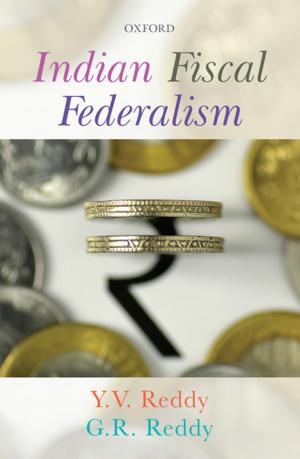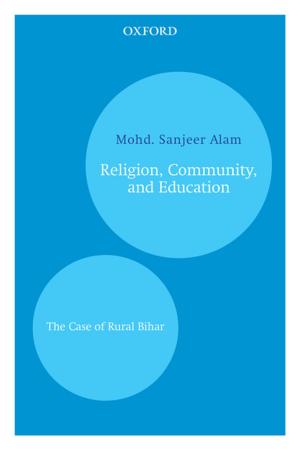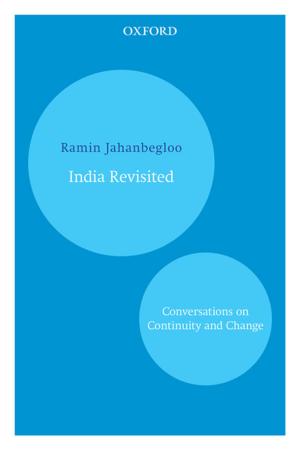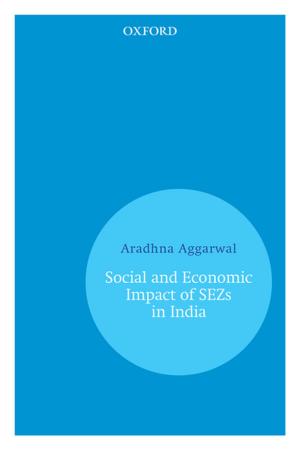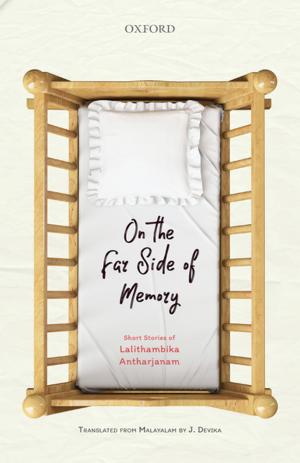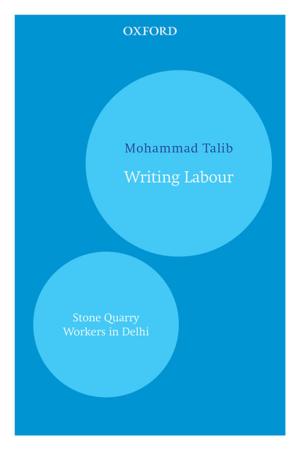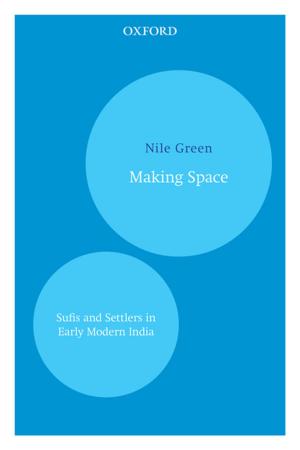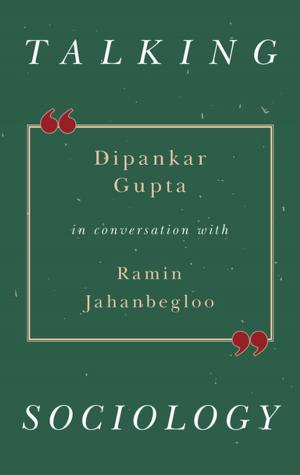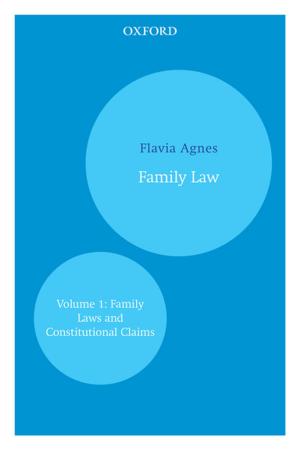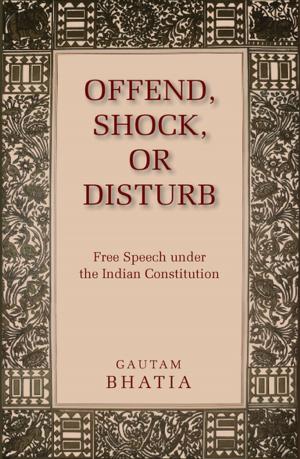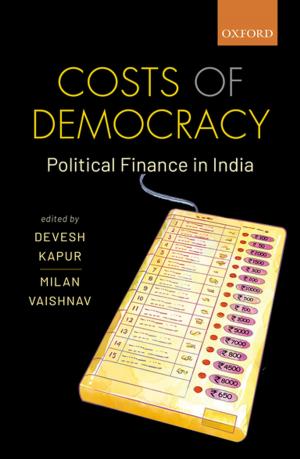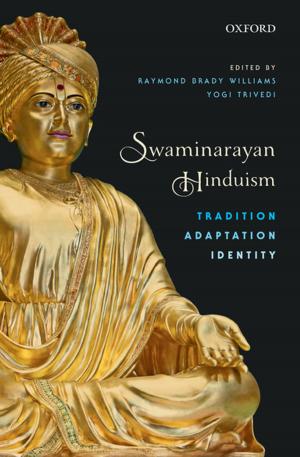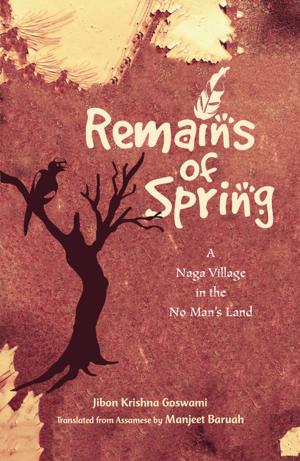Bahudhā and the Post 9/11 World
Nonfiction, Religion & Spirituality, Philosophy, Social & Cultural Studies, Social Science| Author: | Balmiki Prasad Singh | ISBN: | 9780199087945 |
| Publisher: | OUP India | Publication: | February 20, 2008 |
| Imprint: | OUP India | Language: | English |
| Author: | Balmiki Prasad Singh |
| ISBN: | 9780199087945 |
| Publisher: | OUP India |
| Publication: | February 20, 2008 |
| Imprint: | OUP India |
| Language: | English |
The rise of terrorism and fundamentalism in recent times has brought about phenomenal changes in global politics. These unprecedented challenges call for a new, bold, and imaginative statecraft from world leaders. Underlining the need to transcend age old peace mechanism and reconstruct our language of discourse, this book propounds the concept of Bahudhā—an eternal reality or continnum, a dialogue of harmony, and peaceful living. Bahudhā recognizes the distinction between plural societies and pluralism, facilitates exchange of views, and promotes understanding of the collective good. The book is divided into five parts. The first part discusses the major events witnessed by the world during 1989–2001—the fall of Berlin Wall, trasfer of Hong Kong to China, and the terrorist attack on the USA on September 11—and their implication for various nations, cultures, and international peace. The next part discusses India's experiences in handling the pluralistic challenges by citing exampls from the Vedas and Puranas and analysing policies followed by Ashoka, Kabir, Guru Nanak, Akbar, and Mahatama Gandhi. In the subsequent sections, the author underlines the importance of Bahudhā as an instrument of public policy for harmony and also discusses the global imperatives of following such an approach. He highlights the central role of education and religion in the building of a harmonious society and advocates thhe strenghtening of the United Nations to become an effective global conflict resolution mechanism.
The rise of terrorism and fundamentalism in recent times has brought about phenomenal changes in global politics. These unprecedented challenges call for a new, bold, and imaginative statecraft from world leaders. Underlining the need to transcend age old peace mechanism and reconstruct our language of discourse, this book propounds the concept of Bahudhā—an eternal reality or continnum, a dialogue of harmony, and peaceful living. Bahudhā recognizes the distinction between plural societies and pluralism, facilitates exchange of views, and promotes understanding of the collective good. The book is divided into five parts. The first part discusses the major events witnessed by the world during 1989–2001—the fall of Berlin Wall, trasfer of Hong Kong to China, and the terrorist attack on the USA on September 11—and their implication for various nations, cultures, and international peace. The next part discusses India's experiences in handling the pluralistic challenges by citing exampls from the Vedas and Puranas and analysing policies followed by Ashoka, Kabir, Guru Nanak, Akbar, and Mahatama Gandhi. In the subsequent sections, the author underlines the importance of Bahudhā as an instrument of public policy for harmony and also discusses the global imperatives of following such an approach. He highlights the central role of education and religion in the building of a harmonious society and advocates thhe strenghtening of the United Nations to become an effective global conflict resolution mechanism.



